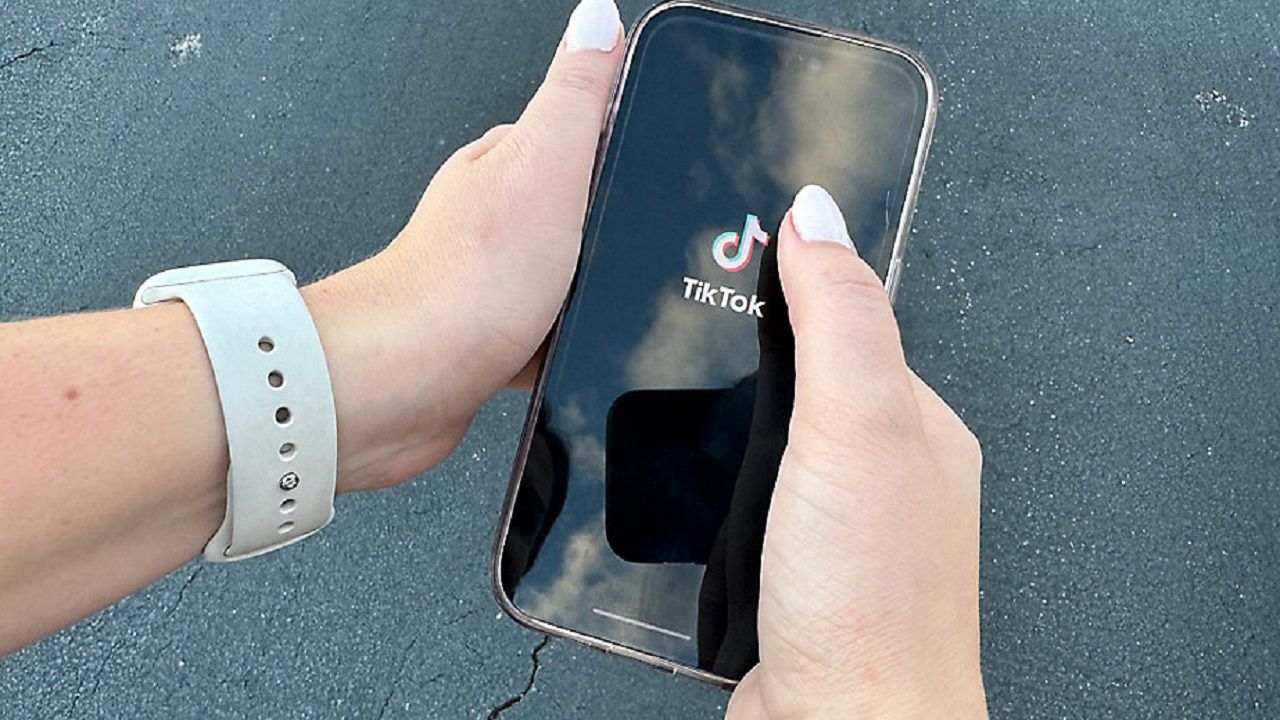The Biddeford School Committee has voted to finalize a policy that will restrict the use of smartphones by students starting this fall, citing concerns that such devices are a distraction.
The board voted 3-2 on Aug. 14 to pass the policy. Randy Forcier, Marie Potvin and Michele Landry voted in favor, with John McCurry Jr. and Lisa Vadnais opposed. Member Meagan Desjardins was not present.
The policy targets “cell phones, ‘smart devices,’ electronic games, or the next iteration of portable/wearable digital device may be following the adoption of this policy.” Students will not be allowed to use such devices “in school or during instructional settings” without permission.
The policy also addresses, “The use of cameras, including those found in phones, eyewear, watches, and other portable electronic devices,” prohibiting their use at all in “locker rooms, bathrooms, and other places where privacy is generally expected.” The policy also mandates photos not be taken of anyone without that person’s permission.
The policy also forbids the use of cell phones or other smart devices in a way that violates current school policy, including “harassment, bullying or cyberbullying.”
Students who violate the policy may have their devices confiscated for the day, according to the policy.
The Aug. 14 meeting marked the second and final vote needed to put the policy in place. The committee did not discuss the policy before voting, but in a previous interview Assistant Superintendent Christopher Indorf said the policy comes in the wake of requests by staff members at Biddeford High School to address distractions in the classroom from such devices.
Indorf also said the district conducted a survey of students, staff and parents on the subject. They found enough support, he said, to go ahead with the policy, but to take care not to outright ban cell phones altogether. He said the district understands the need for parents to reach their children in the event of an emergency.
“We’ve tried to balance the needs of educators to conduct their classrooms with the desires for parents and for law enforcement to be able to reach their children during an emergency,” he said.





